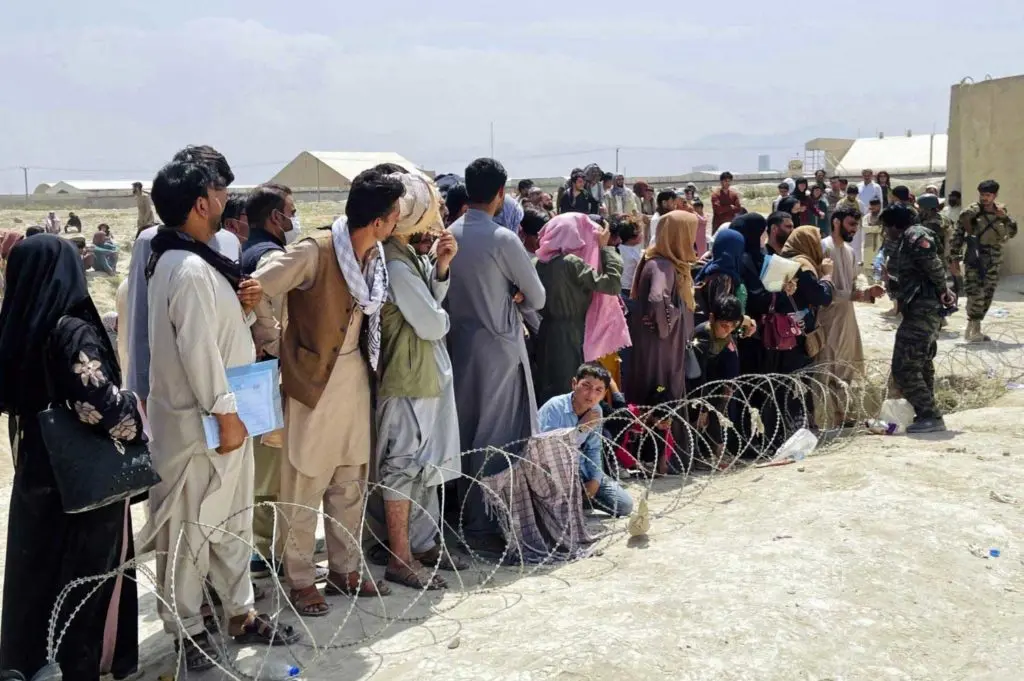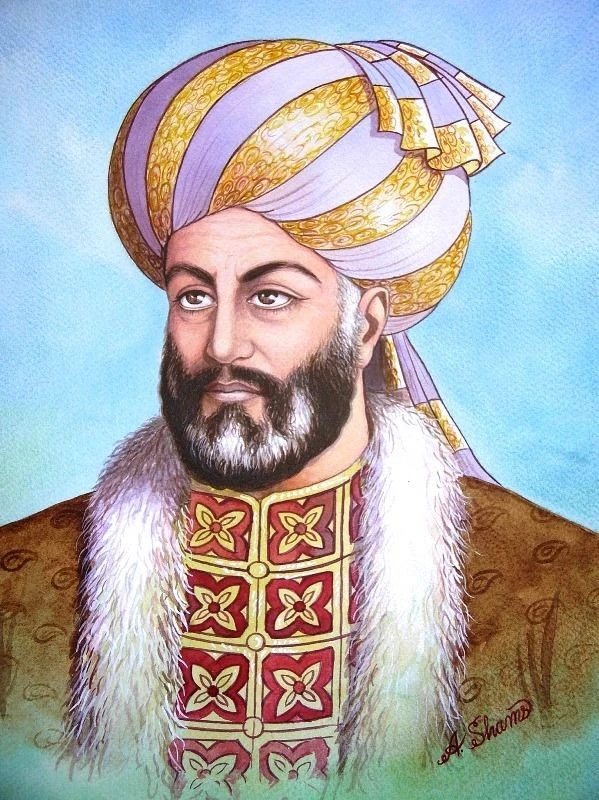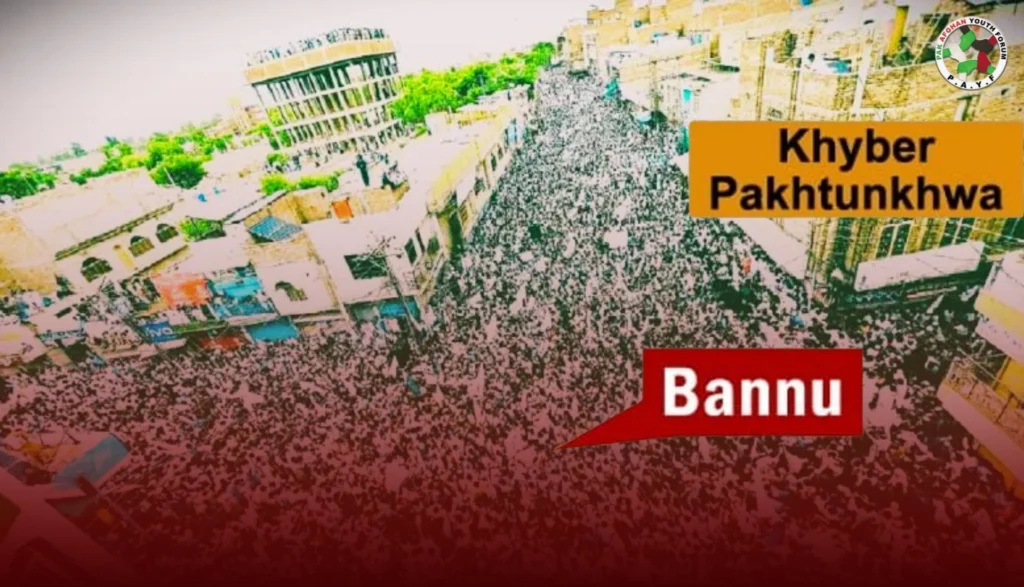Pakistan’s decision on the relocation of Afghan refugees marks a pivotal moment in a decades-long bond. This move balances humanitarian responsibility with national security concerns.
It was a decision that echoed across the globe. Pakistan, after years of hosting millions of Afghan refugees, made a significant move that has sparked both concern and debate—relocating Afghan refugees from major urban centers like Islamabad and Rawalpindi. While this action has drawn scrutiny from international organizations like the UNHCR and IOM, the story behind this decision is more than a simple policy shift. It’s a tale of resilience, brotherhood, and the balancing act between hospitality and national responsibility.
For over four decades, Pakistan has been the refuge for millions of Afghans fleeing conflict and chaos in their homeland. The bond between the two nations runs deep, rooted in shared history, faith, and a collective struggle for survival. Yet, as the world changes and new challenges emerge, Pakistan’s ability to continue shouldering the burden of such a large refugee population has reached a tipping point.
A History of Solidarity and Hospitality
The story begins in 1979, when the Soviet Union invaded Afghanistan, plunging the country into a devastating conflict. In the chaos that followed, millions of Afghan civilians were forced to flee, seeking sanctuary in Pakistan, their closest neighbor. Pakistan, despite its own challenges, opened its doors wide to its Afghan brothers and sisters, welcoming them with compassion and solidarity.
Cities like Peshawar and Quetta became bustling hubs for refugee camps, where families sought shelter, food, and safety. These cities, once quiet towns, were transformed into vibrant communities, with Afghan refugees contributing to the local economy, working in agriculture, construction, and small businesses. Pakistan didn’t just offer a place to stay; it stood by the Afghan people in their fight for freedom, providing support to the mujahideen against the Soviet occupation.
The bond forged during these difficult times was not just about offering refuge—it was about shared struggle and shared faith. Pakistan’s role in supporting Afghanistan was a reflection of a deeper commitment to its Muslim brothers and sisters. For Pakistanis, opening their arms to Afghan refugees wasn’t just a political decision; it was an expression of brotherhood, a moral duty driven by Islamic solidarity.
Also See: Afghan Refugees in Pakistan: A Story of Shelter, Struggles & Support
The Changing Landscape
However, as the years passed and new waves of refugees arrived, the situation grew more complex. The fall of the Soviet Union in 1989 didn’t bring peace to Afghanistan; instead, civil war and political turmoil continued to devastate the country. Many Afghans who had fled in the 1980s found themselves unable to return home. Their families settled in Pakistan, becoming an integral part of the social and economic fabric of the country.
By the time the 9/11 attacks shook the world and the United States invaded Afghanistan in 2001, Pakistan was already home to millions of Afghan refugees. As the war in Afghanistan intensified, Pakistan once again saw an influx of refugees, adding to an already burdened system. Still, Pakistan did what it had always done—opened its doors and welcomed its Afghan brothers and sisters, providing them with shelter, food, healthcare, and education.
But as the years wore on, the challenges grew. While the international community praised Pakistan for its hospitality, the reality of hosting millions of refugees began to take its toll. Local resources were stretched thin, and security concerns began to rise. Refugees who had once found safety now faced the very real challenges of economic instability, lack of employment opportunities, and overcrowded living conditions. Pakistan, too, found itself grappling with its own struggles—rising economic costs, security threats, and the growing pressure of maintaining a delicate balance between helping others and safeguarding its own citizens.
The Decision to Relocate
Fast forward to 2023, when Pakistan made the difficult decision to relocate Afghan nationals from urban areas like Islamabad and Rawalpindi. The move, aimed at easing the burden on local infrastructure and addressing rising security concerns, was not taken lightly. It was a decision rooted in the realities of a country already facing its own fiscal difficulties and security challenges.
The Afghan refugee population in Pakistan has been linked to rising incidents of street crimes, including theft and drug trafficking. Just in early 2025, more than 200 Afghan nationals were arrested in Karachi for street crimes, further highlighting the growing concerns surrounding undocumented refugees. The Pakistani government, seeking to protect the safety and stability of its citizens, decided that it was time to act.
However, the decision to relocate has been met with mixed reactions. International organizations have raised concerns about the human rights of refugees and the potential dangers they face as they are uprooted from their communities. But in Pakistan’s eyes, the policy shift is a necessary step to ensure the country’s security and manage its own resources effectively.
A Shared Struggle, A Shared Future
This move, though difficult, is not the end of Pakistan’s commitment to its Afghan brothers and sisters. It is, in many ways, an evolution of that commitment. Pakistan’s role as a host country has never been about charity—it has been about solidarity. Afghan refugees were not just guests; they were part of a shared history of struggle, hardship, and resilience.
While Pakistan now faces the challenging task of managing its refugee population, it continues to honor the spirit of brotherhood. The recent relocation policy is not about abandoning Afghan refugees but about finding a more sustainable way to address both Pakistan’s needs and the needs of the Afghan people. The government is committed to ensuring that those who are returned are treated with dignity and respect, and that the process is as orderly as possible.
Pakistan is not alone in facing this challenge. Iran, for example, has repatriated hundreds of thousands of Afghan refugees in recent years, and European countries like Germany and Austria have also made similar moves. The situation is not unique to Pakistan, and the international community must acknowledge the complexities involved in hosting such a large and diverse refugee population.
The Road Ahead
The future of Afghan refugees in Pakistan is uncertain, but the shared history of struggle and solidarity between the two nations will continue to guide the way forward. Pakistan’s decision to relocate Afghan nationals is not a rejection of its Muslim brothers and sisters—it is a recognition of the complex realities that both countries face.
As the world moves forward, it is essential to approach the Afghan refugee crisis with empathy, understanding, and cooperation. The solution to the refugee challenge lies not just in criticism but in collective action—working together to ensure that refugees are treated with dignity while also respecting the sovereignty of host nations.
The story of Afghan refugees in Pakistan is far from over. It is a story of survival, cooperation, and, above all, the enduring spirit of brotherhood. And as long as the bond between these two nations remains strong, that story will continue, evolving with the times but never losing its essence of shared humanity.



